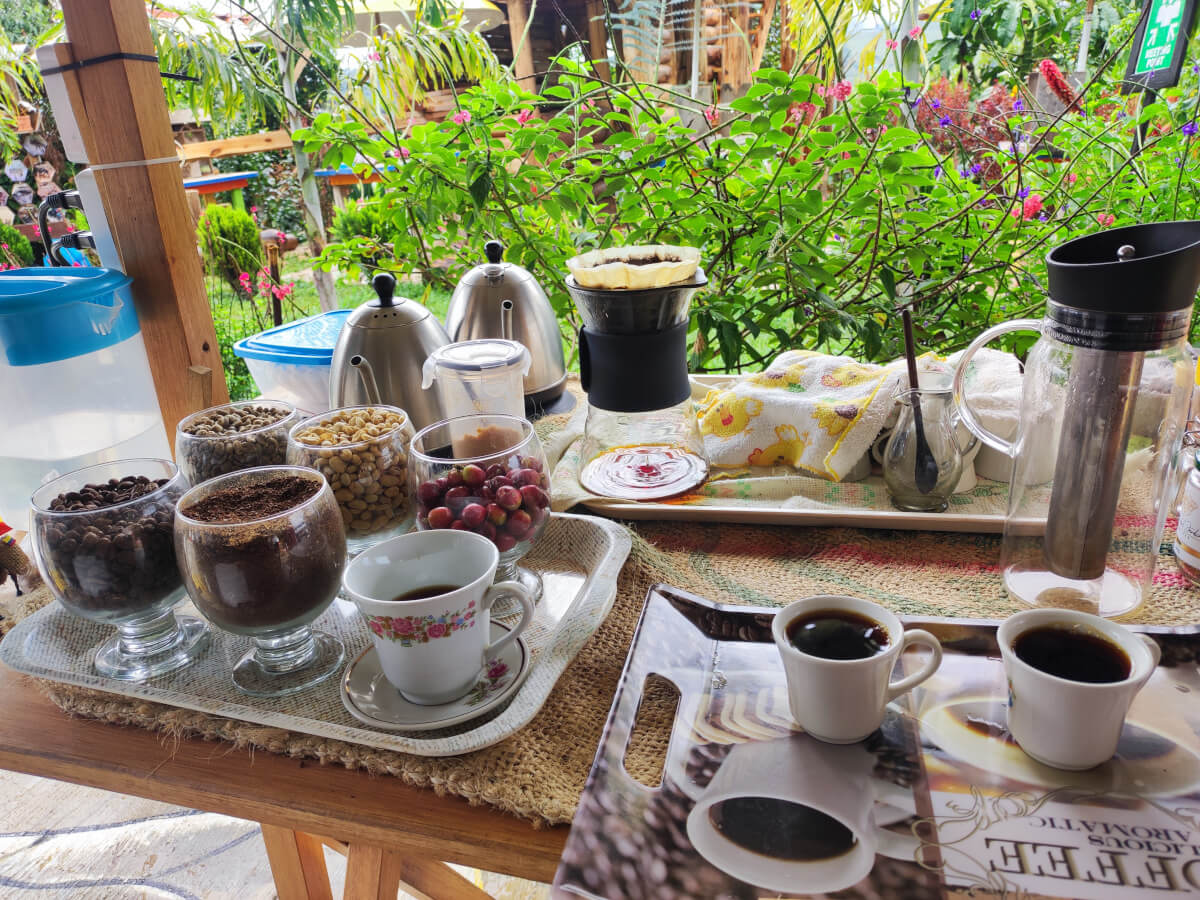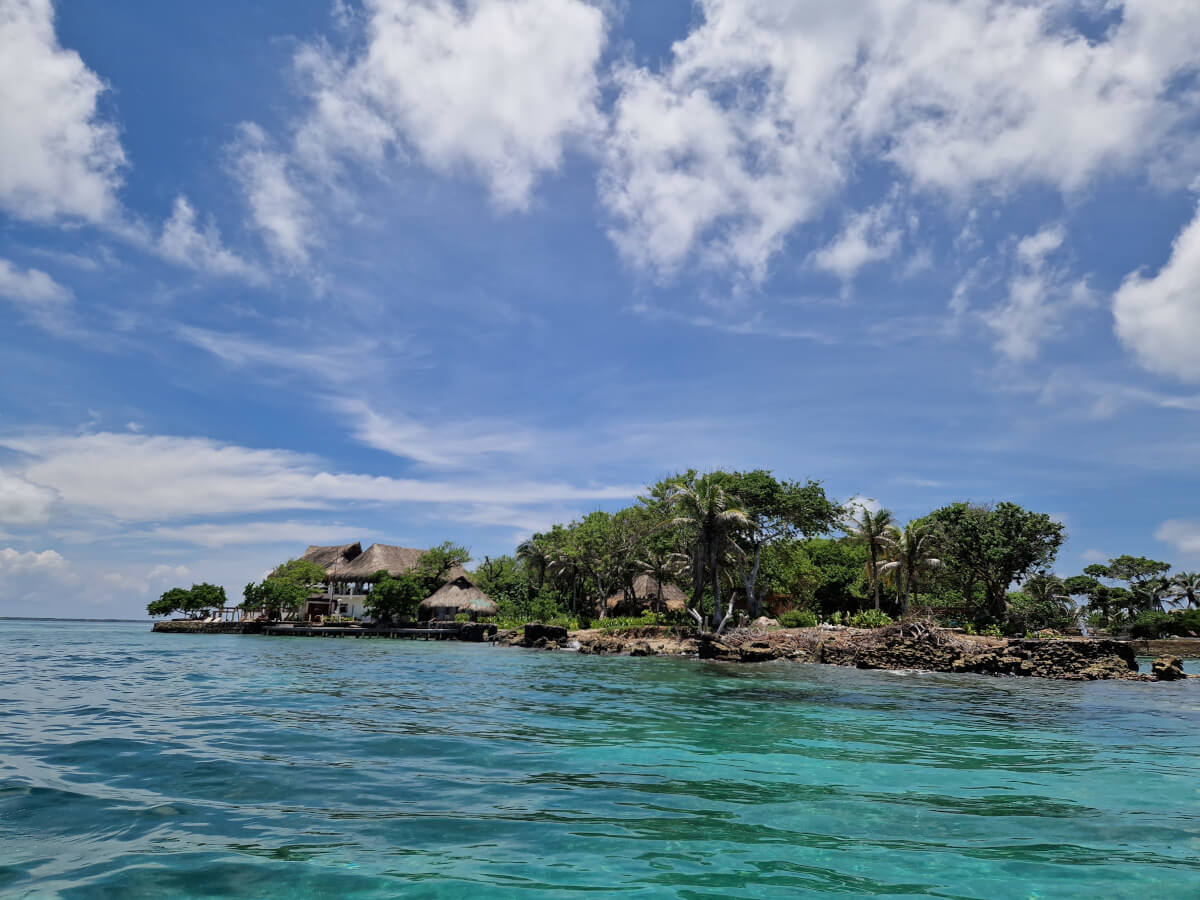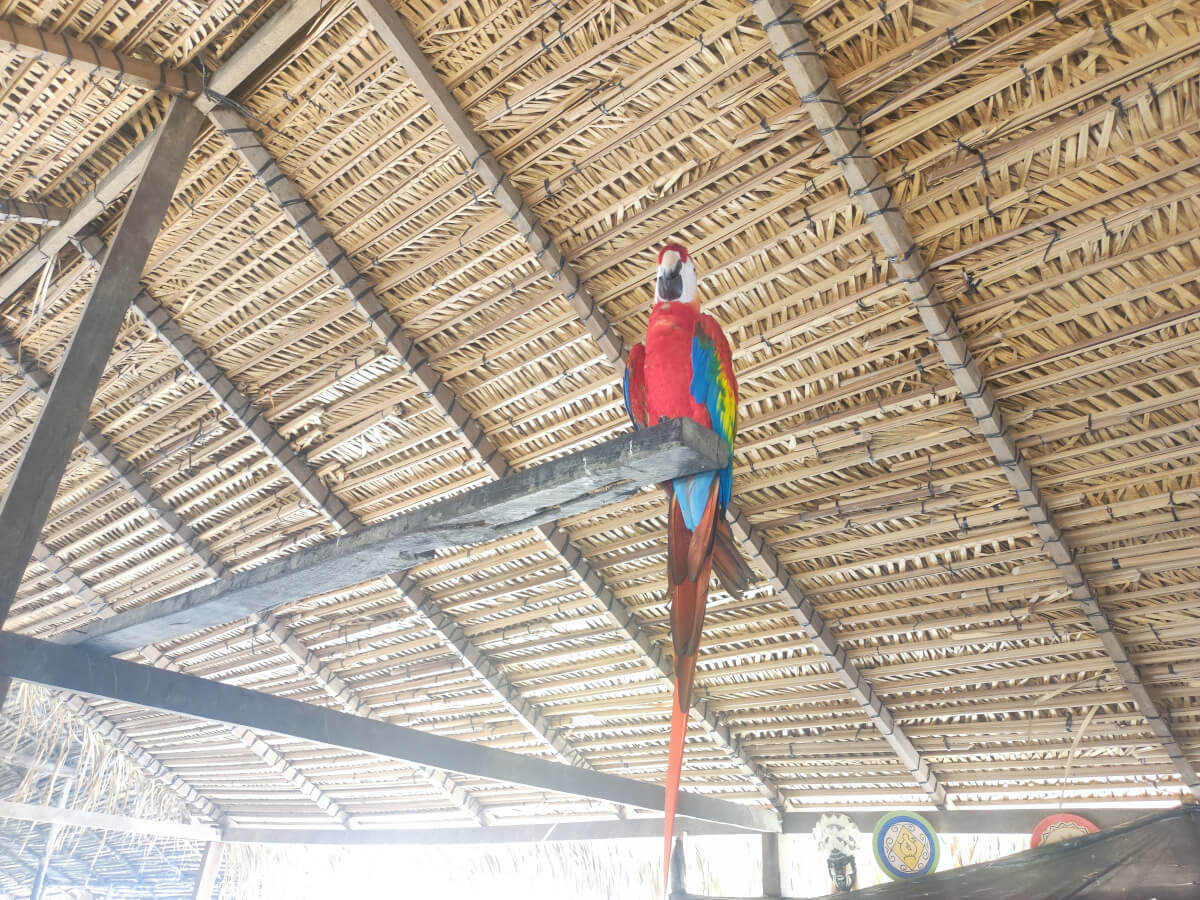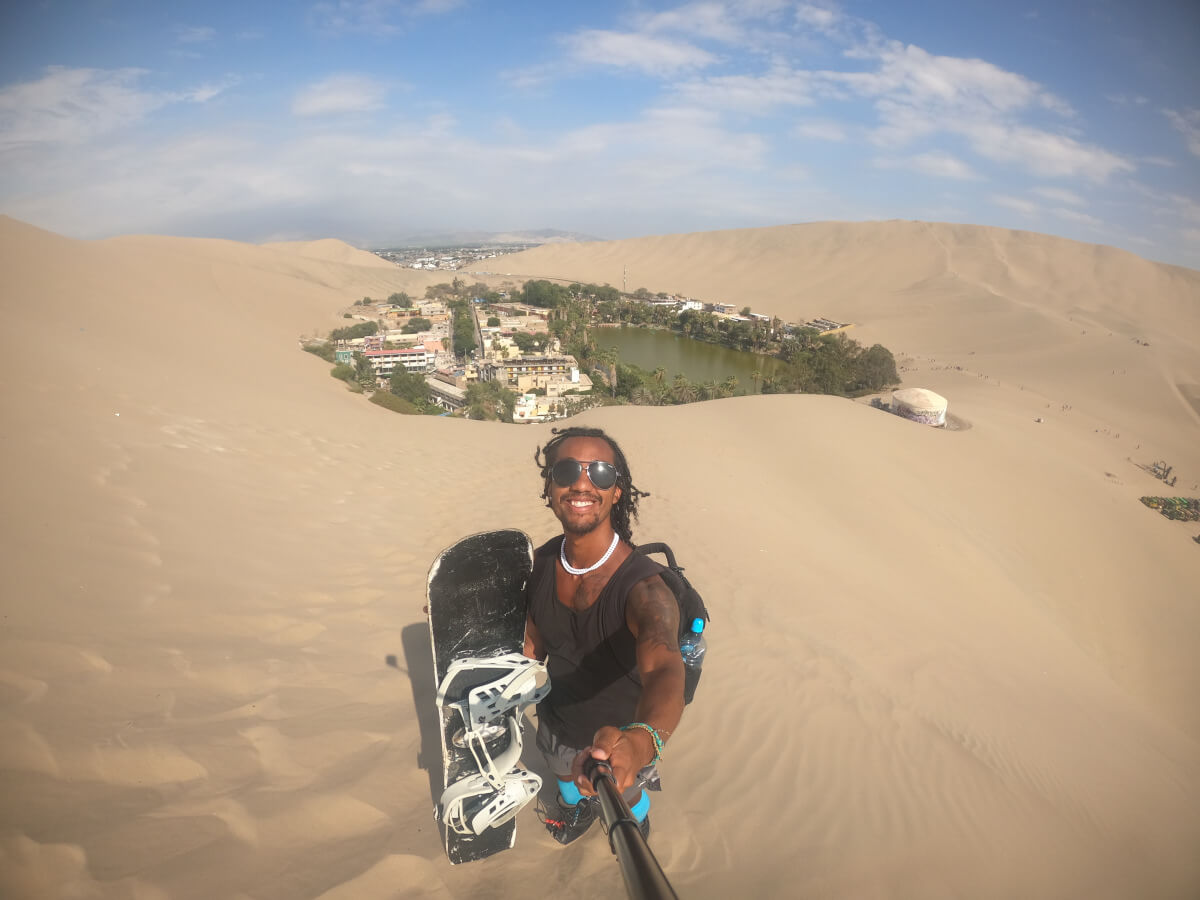In this post, you will read stories of black people in Serbia. I spoke with three individuals: Belmira, originally from Angola and now living in Belgrade for 11 years; Antonio Gil, who spent three years in Serbia and is also from Angola; and Mouamar, who has called Serbia home since 2015.
Each person brings a unique perspective on adapting to life in Serbia, their challenges, and what they love about the country.
In a previous post, I shared my experiences as a black male living in Serbia, where I talked about the main things I learned during my nine years in the country.
This post is different. After having great conversations with each guest, I included the questions I asked and the answers they gave me.
We’ll dive into their thoughts on Serbia and why they chose to settle there, as well as hear some personal stories that highlight the joys and challenges they’ve faced.
These conversations allow those interested to know the experiences of black people in Serbia in more details.
Are you ready to know more about their experiences in Serbia? Let’s get started.
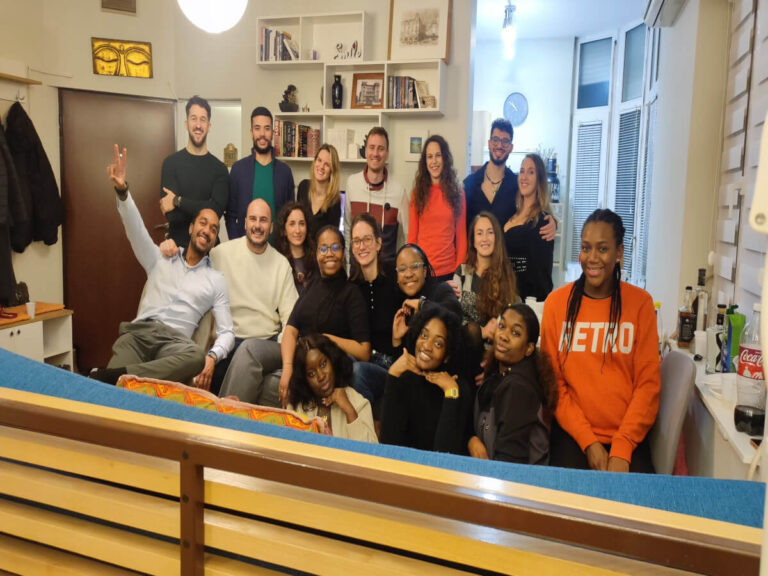
Table of Contents
Black presence in Serbia
The presence of black people in Serbia is relatively small but steadily growing, with students, professionals, and expatriates moving in. Many students come to Serbia for education and are enrolled in scholarships and partnerships with African countries.
Over time, some choose to stay, contributing to the cultural diversity of cities like Belgrade and Novi Sad.
Despite their small numbers, their presence introduces new traditions and perspectives to Serbs. It is an experience that can benefit both sides, where Serbs can also learn new things while sharing their culture with them.
Between expats are many stories of mixed couples who decided to live together in Serbia. Work is naturally another reason for many to move, I met people in Belgrade who moved there due to a transfer of position offered by the company they were working for.
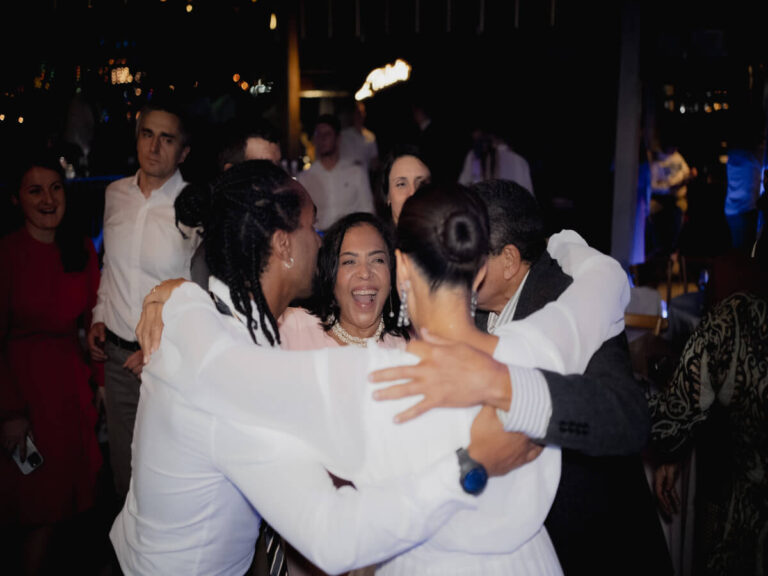
Governments of other countries also brought diplomats and military to Serbia for missions or simply military education.
The social experience of black individuals in Serbia is constantly growing. Many report forming deep friendships and finding support within international communities and the locals. Others have faced challenges, including cultural stereotypes and occasional instances of discrimination.
Overall, blacks in Serbia are shaping a narrative of inclusion and mutual respect. Through their stories, a sentiment of understanding shows how diversity enriches society.
Their presence is a reminder of the importance of openness and the beauty of cultural exchange.
Is Serbia a racist country?
Answering this question isn’t straightforward, as experiences vary depending on personal encounters, context, and individual perspectives. Serbia, like many countries, has a complex relationship with race and diversity, influenced by its history and limited exposure to certain groups.
Serbia is a predominantly homogeneous country, with most of its population identifying as ethnic Serbs. For this reason, black people and other minorities are often met with curiosity rather than hostility.
The black people in Serbia I met told me they had mostly positive interactions, noting the friendliness and hospitality of the locals. However, misunderstandings and stereotypes can arise due to a lack of exposure to diversity.
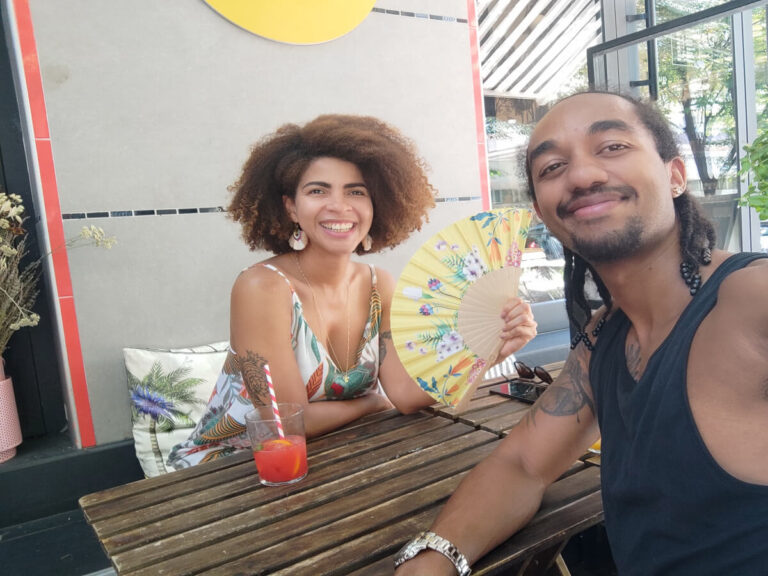
Racism exists everywhere, and incidents in Serbia are not common but not entirely absent. Some black residents and travelers have shared moments of discomfort, ranging from stares and insensitive comments to occasional discriminatory behaviors.
However, these situations are outweighed by positive connections; Serbs are very kind, curious, and warm people. Just remember that stupid people exist everywhere, including Serbia.
It’s also worth noting that Serbia has no deep colonial history tied to Africa or other regions, which can influence the dynamics of race differently than in countries with such histories.
This lack of historical baggage often leads to curiosity rather than prejudice.
Ultimately, labeling Serbia as a racist country is not a realistic statement, in my opinion. Like anywhere, prejudice exists, but Serbia is steadily becoming more inclusive, with increased exposure to global cultures.
Based on all this info, let me introduce you the people I interviewed, learning about their stories and experiences in Serbia.
Belmira, Angola
Belmira is from Luanda, Angola. The main reason why she moved to Serbia was to have an opportunity to study. She was looking for other countries to study because she wished to explore another country deep inside.
As soon as she started her quest to find study opportunities, Belmira spoke to her aunt, who was living in Belgrade, Serbia. After talking to her aunt about plans for the future, she offered Belmira a place to stay if she wanted to look for something in Serbia.
For Belmira, that was enough; she said yes and started the process of preparation to leave Angola and try to continue her studies in nursing. Before that, she had finished high school, so nursing studies would be the next step in her career.
She moved to Belgrade in 2011, and initially, her plan was only to complete her studies and return to Angola. However, after living in Serbia for four years, many good things happened to her, so she decided to stay in the country.
Antonio Gil, Angola
Antonio Gil, originally from Angola, spent three years living in Serbia, changing his perspective on life after his experience. He found the cultural differences fascinating and challenging, particularly the curious stares and occasional misunderstandings that come with being part of a small minority.
While in Serbia, Antonio made deep connections with local friends, finding warmth and genuine friendships. He appreciated the Serbian hospitality and openness to learning about his culture.
However, he also shared reflections on the struggles of cultural adaptation, including language barriers and racist encounters.
Antonio’s story highlights the complexity of living as a black person in Serbia. While he experienced moments of discomfort, his time in the country was ultimately defined by personal growth, meaningful relationships, and a deeper understanding of the Serbian culture.
Mouamar, Guinea-Bissau
Mouamar, originally from Guinea-Bissau, has been living in Serbia since 2015. His journey began when his wife suggested they move to Serbia from Brazil after finishing their studies.
In Serbia, Mouamar found both curiosity and acceptance. He quickly integrated into the country, learning their songs and slang. After a few years in Serbia, life brought him a daughter, strengthening his ties with the country.
Mouamar has created a fulfilling and satisfying life in Serbia. He highlights the importance of mutual respect and cultural exchange, emphasizing how open Serbia is when the subject is diversity.
His experience shows the potential for growth and connection in unfamiliar places, offering inspiration for those curious about the life of black people in Serbia.
Conclusion
The stories of Belmira, Antonio, and Mouamar paint a picture of the life of black people in Serbia. Their journeys reflect strength, adaptability, and the ability to build meaningful connections in a country where diversity is still developing.
Each has faced challenges but also found warmth, friendships, and opportunities.
Serbia, while not traditionally diverse, is slowly evolving as more individuals from different backgrounds are moving there, contributing to its cultural diversity. According to a Harvard study, Serbia is the least racist country in Europe.
I hope these personal experiences will inform you better and bring more clarity when the topic is the life of black people in Serbia.
If you liked this blog post and want to read more about travel tips and ecotourism, consider signing up for my newsletter. You will receive emails of the latest blog posts so you can keep yourself updated with my new content.
I hope to see you again here in another blog post.
Bye!!


